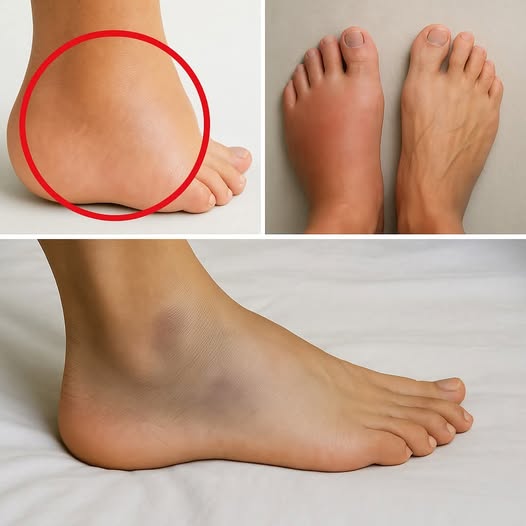In the presence of these symptoms, acting quickly is key. Here’s what to do:
- Call emergency services (911 or your local emergency number) immediately. Don’t wait for symptoms to pass.
- Don’t try to drive to the hospital on your own. It is better to wait for the ambulance.
- Chewing an aspirin (if there is no known allergy). Helps reduce clot formation.
- Try to stay calm and lie down in a comfortable position, preferably semi-seated.
- Inform whoever is close to you about what you are feeling, so that they can act if you lose consciousness.
Tips to prevent a heart attack in women
- Check blood pressure and cholesterol regularly.
- Avoid smoking and excessive alcohol.
- Adopt a healthy diet, rich in vegetables, fruits, legumes and low in saturated fats.
- Do moderate physical exercise, at least 30 minutes, 5 times a week.
- Get a good night’s sleep and manage stress, as chronic stress is a significant risk factor.
- Have regular checkups, especially if there is a family history of heart disease.
The symptoms of a heart attack in women can go unnoticed if we are not attentive to the less traditional signs. Recognizing them early, acting quickly and leading a healthy lifestyle are key to saving lives. Prevention and education are our best tools.
In the presence of these symptoms, acting quickly is key. Here’s what to do:
- Call emergency services (911 or your local emergency number) immediately. Don’t wait for symptoms to pass.
- Don’t try to drive to the hospital on your own. It is better to wait for the ambulance.
- Chewing an aspirin (if there is no known allergy). Helps reduce clot formation.
- Try to stay calm and lie down in a comfortable position, preferably semi-seated.
- Inform whoever is close to you about what you are feeling, so that they can act if you lose consciousness.
Tips to prevent a heart attack in women
- Check blood pressure and cholesterol regularly.
- Avoid smoking and excessive alcohol.
- Adopt a healthy diet, rich in vegetables, fruits, legumes and low in saturated fats.
- Do moderate physical exercise, at least 30 minutes, 5 times a week.
- Get a good night’s sleep and manage stress, as chronic stress is a significant risk factor.
- Have regular checkups, especially if there is a family history of heart disease.
The symptoms of a heart attack in women can go unnoticed if we are not attentive to the less traditional signs. Recognizing them early, acting quickly and leading a healthy lifestyle are key to saving lives. Prevention and education are our best tools.

